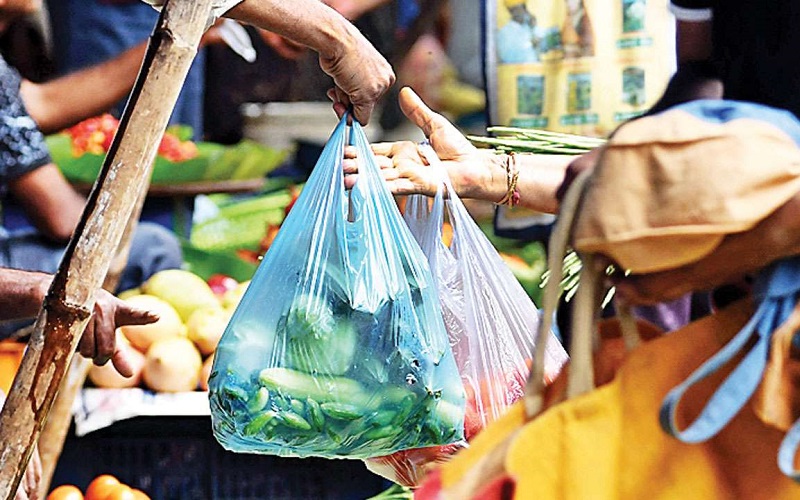Search Products
Polymer, Rubber & Paper
Another lesson in why bag bans don’t work

Image: Lightweight plastic shopping bags are too useful to ban, and contrary to popular belief they are often re-used before disposal.
Austin, Texas will not be the first to think that a bag ban is the answer to plastic waste in the environment, nor the first to find that their good intentions have unintended consequences.
Lightweight plastic shopping bags are too useful to ban, and contrary to popular belief they are often re-used before disposal. A poll conducted by YouGov in the UK in July 2015 found that 96% of people surveyed, re-use the bags for shopping, as bin liners, or for other uses around the home. A similar poll by YouGov in Mexico recently found that 99% of those surveyed did the same. The ban in Austin has made a tiny difference to roadside litter, but more heavy re-usable bags are ending up in landfill which cancels out the gains.
The only problem with plastic bags is that they can lie or float around in the environment for decades, but this problem can be solved at little or no extra cost by adding a controlled-life formulation such as d2w during manufacture. National and local governments should require this to be done instead of burdening householders with bans and taxes. This would control the plastic bag litter in the environment but allow consumers and shopkeepers to use the best product for the job of protecting and carrying food and other products.
The experience in Austin has proved that there is nothing as strong and flexible as plastic bags. Paper bags tear easily (and fall apart when wet) which makes them less likely to be re-used - they are awkward to carry and are more expensive. Crucially they are worse for the environment, because their manufacture uses a lot of energy and noxious chemicals. The re-usable/long-life plastic or cloth bags are very rarely, if ever cleaned and have been found to harbour dangerous germs. Including E.coli and Salmonella. They are dangerous unless made with anti-microbial plastic such as d2p.
Controlled-life plastic is conventional polyolefin plastic to which has been added small amounts of metal salts which cause the plastic, at the end of its useful life (in the presence of oxygen) to change into a non-toxic biodegradable material which can be bio-assimilated by microorganisms in the environment in the same way as a leaf only quicker.
Better still, if collected during its useful life it can be recycled with other plastic products in a post-consumer waste stream, but if it escapes collection and ends up in the open environment it will degrade and biodegradein months rather than years on land or sea, leaving nothing behind, no toxic residues nor fragments of plastic.
Vegetable-based plastics are tested to biodegrade only in industrial composting, and cannot be recycled without expensive segregation.
Economically, this represents a no-change solution because the bags can be made in existing plastic factories with existing machinery and workforce, which will protect jobs in the plastics industry. Life cycle assessments have shown that controlled-life plastic is more environmentally friendly than vegetable-based plastic, paperand cotton re-usable bags when energy, land use, water, fertilizers, fuel and emissions are considered.
Switching to controlled life plastic makes economic and environmental sense as 11 countries in Africa, Asia and the Middle East have already found. If politicians need to make a big statement – legislating for controlled-life plastic could be the one that makes the most difference to the environment, and isn’t that the reason for banning plastic bags in the first place?
27th August 2015
By Michael Laurier CEO of Symphony Environmental Technologies (UK)



